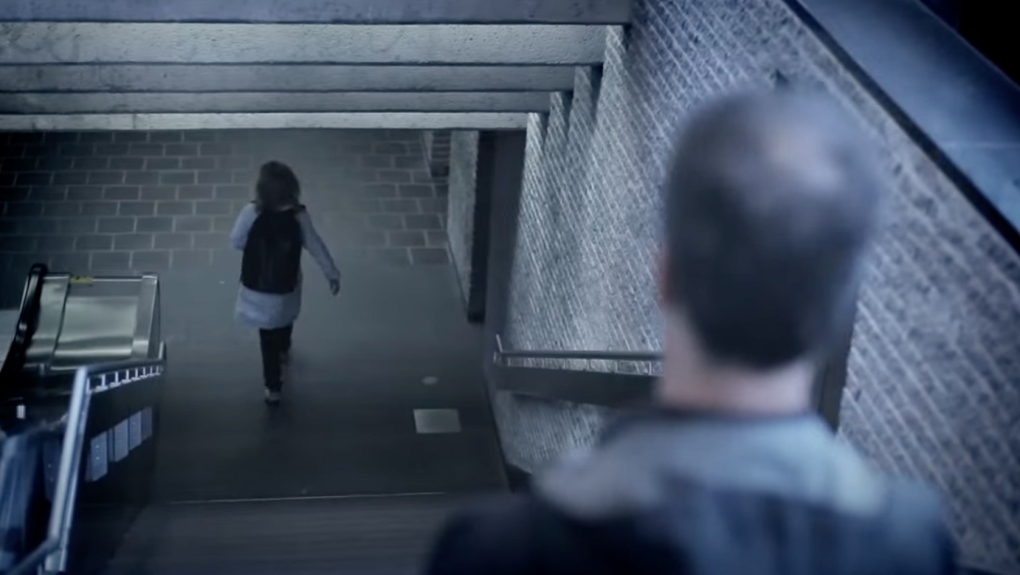
Hierarchical police, military and CSIS in need of harassment reckoning: professor
CTV
Victims of sexual harassment in Canadian police forces, the military, and its spy agency point not just to individual offenders, but to ongoing acceptance of problematic behaviour in such tight-knit organizations.
Bonnie Robichaud's ordeal started in the late 1970s when she got a unionized job as a cleaner on a military base in Ontario, and a Department of National Defence employee began sexually harassing her.
Her complaint eventually reached the Supreme Court of Canada, and in 1987 it set a precedent requiring employers to provide workplaces free of harassment and discrimination.
She says things are different now. But it's women, and “not so much the military,” that have changed.
“Women have become more aware, so the culture has become more aware. Women up to that point didn't even talk to each other very much about it,” she said.
“Since that victory, they have now sought support from others, other women, other groups, legal advice. So, women have become more proactive since the Supreme Court decision.”
Victims of sexual harassment in Canadian police forces, the military, and its spy agency point not just to individual offenders, but to ongoing acceptance of problematic behaviour in such tight-knit organizations.
Scandals that have engulfed the institutions point to long-standing cultures in need of a “deep reckoning,” said law professor Sylvia Rich with the University of Ottawa.





















 Run 3 Space | Play Space Running Game
Run 3 Space | Play Space Running Game Traffic Jam 3D | Online Racing Game
Traffic Jam 3D | Online Racing Game Duck Hunt | Play Old Classic Game
Duck Hunt | Play Old Classic Game